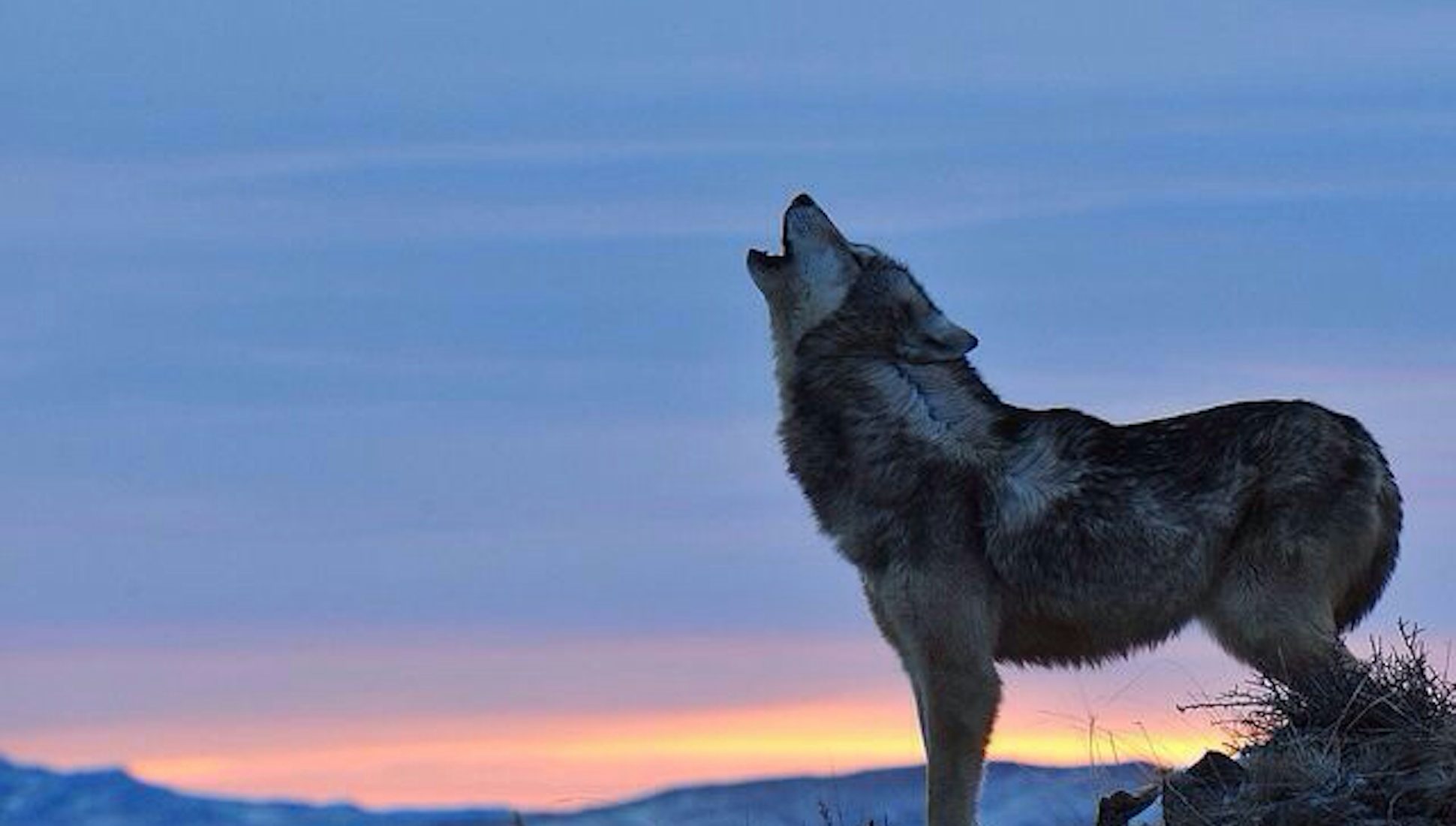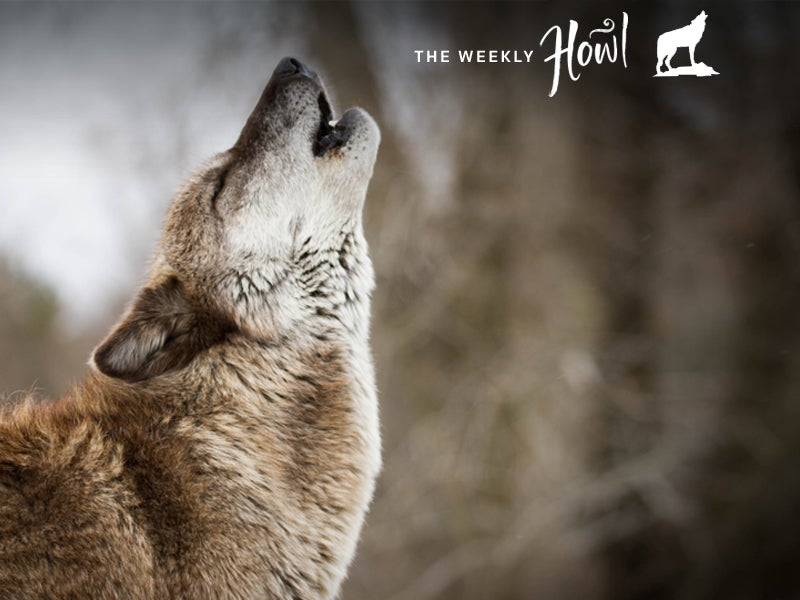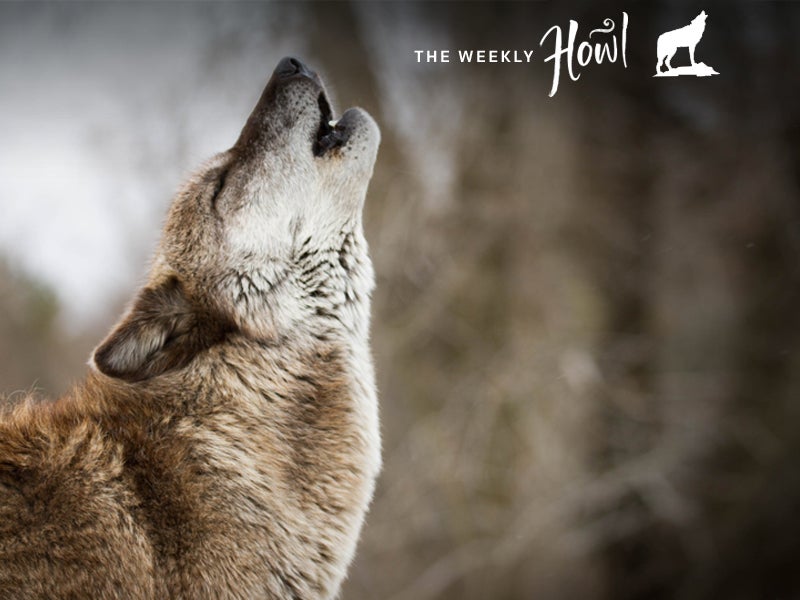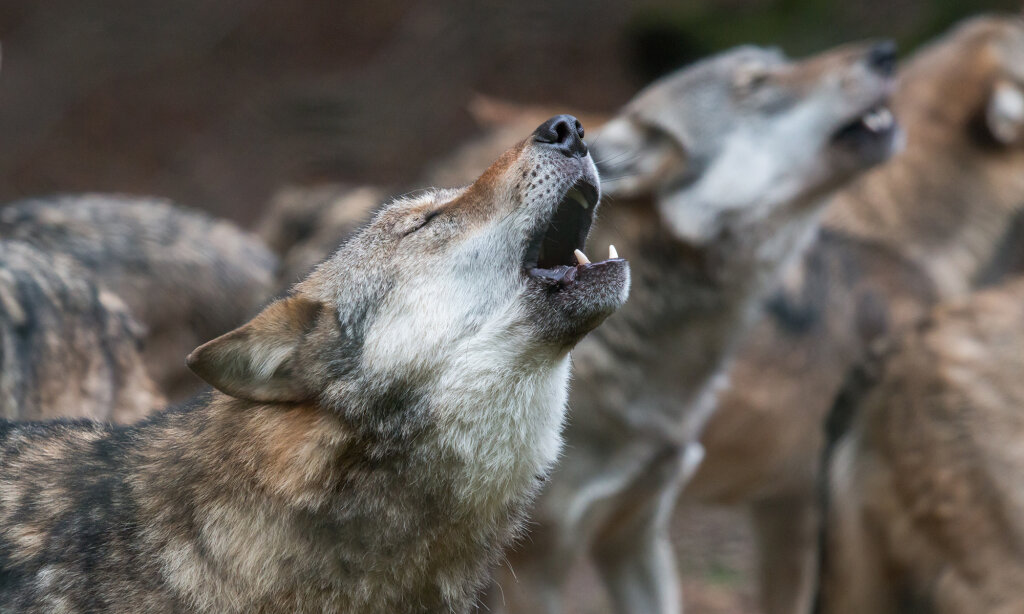
Wolves have always been fascinating creatures that have captured the attention of people around the world. One of the most unique things about wolves is their howl. It's a sound that is both eerie and beautiful, and it's something that many people wonder about. Why do wolves howl? In this article, we will explore the different reasons why wolves howl, as well as some interesting facts about these majestic creatures.
The Basics of Wolf Howling
Before we dive into the reasons why wolves howl, it's important to understand the basics of howling. Wolves howl for various reasons, including communication, social bonding, and territorial marking. Howling is a form of long-distance communication that allows wolves to communicate with other members of their pack, as well as other packs in the area. Howling can also serve as a way for wolves to locate each other when they are separated.
Reasons Why Wolves Howl

Now that we understand the basics of wolf howling, let's explore the different reasons why wolves howl:
Communication

As mentioned earlier, one of the primary reasons why wolves howl is for communication. Wolves are social animals that live in packs, and howling allows them to stay connected with each other. Wolves use different types of howls to convey different messages. For example, a low-pitched howl may indicate that a wolf is in distress, while a higher-pitched howl may indicate that a wolf has found prey.
Social Bonding
Another reason why wolves howl is for social bonding. Howling can serve as a way for wolves to strengthen their social bonds with other members of their pack. Young wolves, in particular, may howl more frequently as a way to bond with their siblings and parents.
Territorial Marking

Wolves also howl as a way to mark their territory. Howling can serve as a warning to other packs that they are entering the territory of another pack. Wolves may also howl to let other packs know that they are in the area and to avoid conflict.
Mating Calls

Finally, wolves may also howl as a way to attract mates. During mating season, wolves may howl more frequently as a way to signal their readiness to mate.
Interesting Facts About Wolf Howling

Now that we've explored the different reasons why wolves howl, let's take a look at some interesting facts about wolf howling:
Wolves Can Howl for Miles

Wolves have a powerful howl that can be heard for miles. In fact, wolves can howl up to six miles away in open terrain. This allows them to communicate with other members of their pack, even when they are far apart.
Wolves Howl More During Full Moons

Wolves are known for their association with full moons, and it turns out that they may howl more frequently during full moons. This may be due to the increased visibility provided by the moon, which allows wolves to see and communicate with each other more easily.
Wolves Have Unique Howls

Each wolf has a unique howl that can be recognized by other members of its pack. This allows wolves to identify each other and stay connected, even in large packs.
Wolves Can Howl in Harmony
Finally, wolves are able to howl in harmony with each other. This is because each wolf has a unique pitch and tone, which allows them to create a chorus-like effect when they howl together.
Conclusion
Wolves howl for a variety of reasons, including communication, social bonding, territorial marking, and mating calls. Howling is a powerful form of long-distance communication that allows wolves to stay connected with each other, even when they are far apart. Wolves also have unique howls that can be recognized by other members of their pack, and they are able to howl in harmony with each other. Overall, wolf howling is a fascinating behavior that offers insight into the complex social lives of these majestic creatures.